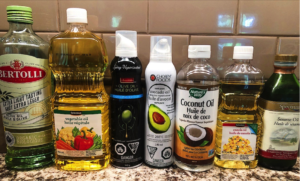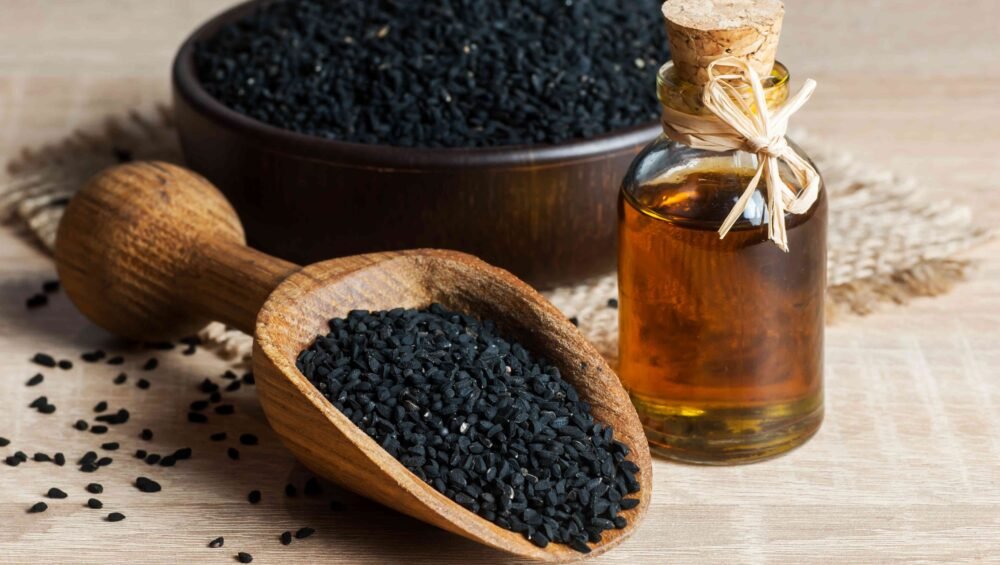The Diversity of Seed Oils: A Comprehensive Guide
Seed oils play a crucial role in our diets, offering a range of health benefits and culinary versatility. Derived from the seeds of various plants, these oils are rich in essential nutrients and fatty acids that contribute to overall well-being. In this comprehensive guide, we will explore the different types of seed oils, their nutritional profiles, and how they can be incorporated into a balanced and healthy diet.

Understanding Seed Oils: A Nutritional Powerhouse
Seed oils are extracted from the seeds of plants, and each type carries a unique set of nutrients and flavors. These oils are a rich source of polyunsaturated and monounsaturated fats, omega-3 and omega-6 fatty acids, antioxidants, and vitamins. Incorporating a variety of seed oils into your diet can contribute to heart health, reduce inflammation, and provide essential nutrients for overall wellness. For natural health lab co seed oil types read here.
Common Types of Seed Oils
1. Flaxseed Oil: Known for its high omega-3 fatty acid content, flaxseed oil is a popular choice for those looking to boost heart health. It also contains lignans, which have antioxidant properties and may help lower cholesterol levels.
2. Sunflower Oil: Extracted from sunflower seeds, this oil is rich in vitamin E and low in saturated fat. It is a versatile cooking oil with a mild flavor, making it suitable for various culinary applications.
3. Sesame Oil: With a distinctive nutty flavor, sesame oil is commonly used in Asian cuisines. It contains sesamol and sesaminol, antioxidants that may have anti-inflammatory and heart-protective effects.
4. Chia Seed Oil: Chia seeds are not only a popular superfood but also a source of nutritious oil. Chia seed oil is high in omega-3 fatty acids, making it a valuable addition to a balanced diet.
5. Canola Oil: Derived from rapeseed, canola oil is low in saturated fat and rich in monounsaturated fats. It also provides omega-3 fatty acids and is suitable for various cooking methods.
Health Benefits of Seed Oils
1. Heart Health: Many seed oils, such as flaxseed oil and sunflower oil, contribute to heart health by promoting healthy cholesterol levels and reducing the risk of cardiovascular diseases.
2. Brain Function: The omega-3 fatty acids found in certain seed oils, like chia seed oil, play a crucial role in supporting brain health and cognitive function.
3. Anti-Inflammatory Properties: Sesame oil, among others, contains antioxidants with anti-inflammatory properties, contributing to overall well-being and potentially reducing the risk of chronic diseases.
How to Incorporate Seed Oils into Your Diet
Adding seed oils to your diet can be a simple and flavorful way to enhance your meals. Here are some tips on how to incorporate these oils into your cooking:
1. Salad Dressings:
Create a healthy and delicious salad dressing by combining olive oil, flaxseed oil, and balsamic vinegar. This not only adds flavor but also provides a dose of essential fatty acids.

2. Stir-Frying:
Use sesame oil for stir-frying vegetables or protein sources. Its unique flavor can elevate the taste of your dishes, and the high smoke point makes it suitable for high-heat cooking.
3. Smoothies:
Incorporate chia seed oil into your morning smoothies for a nutritional boost. The mild flavor won’t overpower the other ingredients, and you’ll benefit from the omega-3 fatty acids.
4. Baking:
Swap out traditional fats in baking recipes with healthier alternatives like sunflower oil or canola oil. These oils can add moisture and richness to your baked goods.
Conclusion: Diversify Your Diet with Seed Oils
Seed oils are a diverse and valuable addition to a healthy diet. By incorporating a variety of these oils into your cooking, you can enjoy a range of flavors and reap the nutritional benefits they offer. From heart health to brain function, the nutrients in seed oils contribute to overall well-being. Experiment with different types of seed oils in your kitchen and discover new ways to enhance the flavor and nutritional value of your meals.
Remember, moderation is key, and it’s always advisable to consult with a healthcare professional or nutritionist before making significant changes to your diet.
Optimize your health with the goodness of seed oils!




